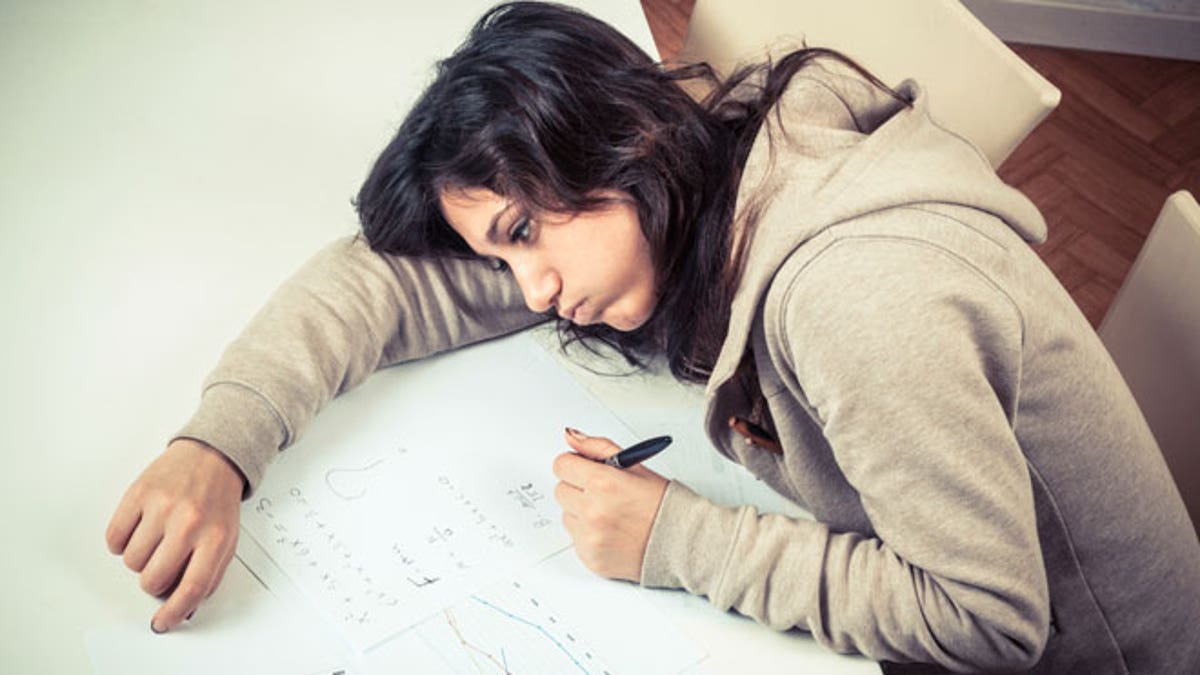
Late-night confessions may not offer the proverbial slam dunk prosecutors hope for at trial, suggests a new U.S. study.
People who are sleep deprived are 4.5 times more likely to sign a false confession than those who got a full night's rest before signing, researchers found.
"I think it's important for the legal community and jurors to do what they can to accurately and reliably assess evidence including confession evidence," said study author Shari Berkowitz, of California State University, Dominguez Hills.
She and her colleagues write in the Proceedings of the National Academy of Sciences that a recent investigation suggests about 4 percent of people sentenced to death in the U.S. are innocent. False confessions are implicated in about 15 to 25 percent of those cases, the authors note.
Sleep deprivation can be used as an interrogation tactic, and Berkowitz said it can be used unintentionally when suspects are questioned during the hours people would normally be asleep.
"While there has been a lot of great research into false confessions, no one has actually explored if sleep deprivation increases the risk for false confessions," Berkowitz told Reuters Health.
For the new study, the researchers recruited 88 Michigan State University students to complete various computer tasks. While completing those tasks, the participants were repeatedly warned not to press the "escape" key on the keyboard, because it would cause the computer to lose valuable data.
The participants then returned in the evening about seven days later to answer more questions. Half of the participants were then allowed to sleep for eight hours, and the others were kept awake through the night.
In the morning, the participants were given a sheet of paper to sign that described their activities in the first session and falsely said they had pressed the escape key.
Half of the sleep-deprived participants signed the false confession, compared with 18 percent of those who got a full-night of rest.
After those who initially refused to sign the paper were asked to do so a second time, false confessions increased to about 68 percent of the sleep-deprived group and about 39 percent of the well-rested group.
The study team tested the participants' comprehension to make sure that they knew what they were signing, and when they eliminated two participants - one rested, one sleep deprived - who failed to show they had read the text and understood it, the results for the larger groups did not change.
The researchers also found that people who reported being more tired - in general - and those who had less control over impulses were more likely to sign the false confessions.
Berkowitz cautioned that the study only looked at false confessions, and it can't say whether sleep-deprived people are more likely to sign true confessions. Also, the researchers acknowledge that the stakes involved are different when falsely confessing to pressing the "escape" key versus falsely admitting to a crime, but the study team was limited by ethical research standards in the scenarios they could test.
Dr. Sanjeev Kothare, professor of neurology and the director of Pediatric Sleep Medicine at NYU Langone Medical Center in New York City, said this is the first time he has seen sleep deprivation linked to false confessions.
"I think this needs to be studied more systematically and possibly find a mechanism for why it happens," said Kothare, who wasn't involved in the new study.
He said there is a possible rationale for the connection since sleep deprivation is already tied to poor judgment calls.
"I think people should be aware of this and police departments should be aware of this," he said.
Berkowitz said prosecutors should use more skepticism when they hear certain evidence before going forward with a case. Defense attorneys should pay attention to the findings, too.
"I think that defense attorneys have the responsibility to stay on top of the science that relates to their clients' cases," she said.








































